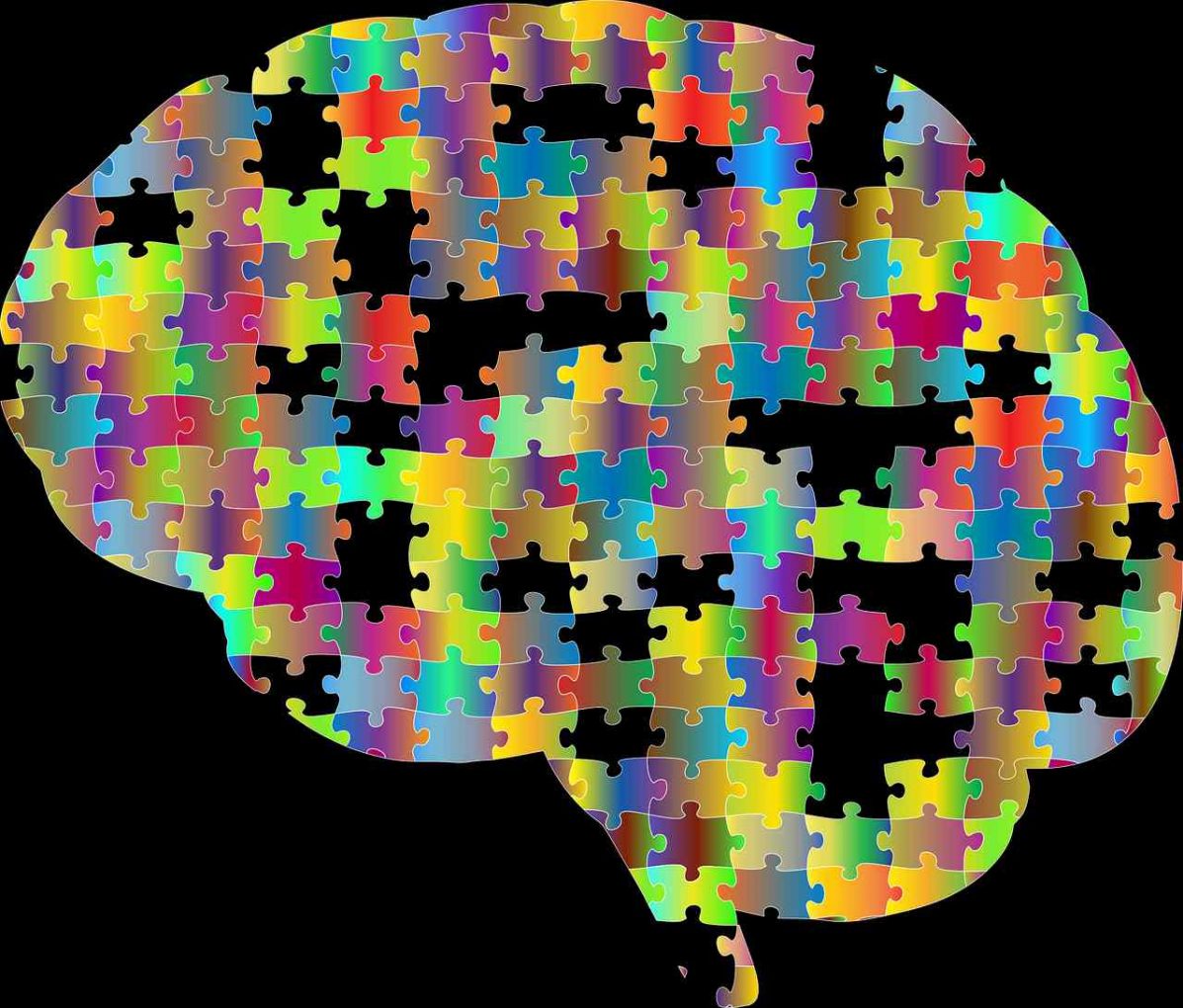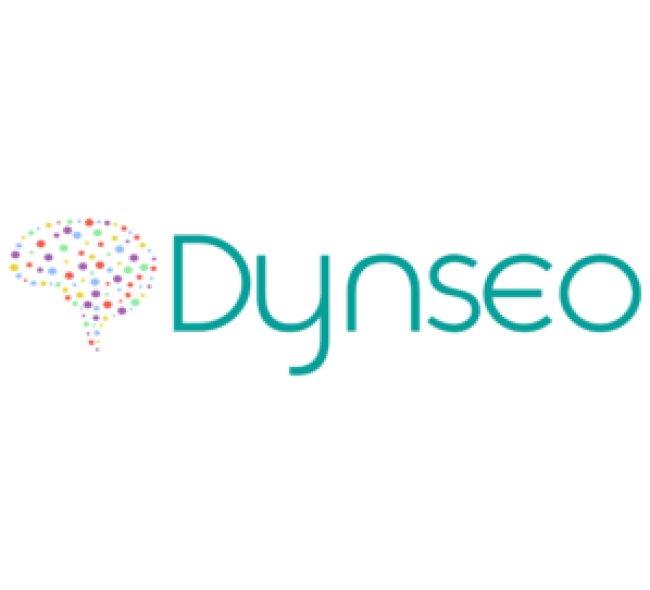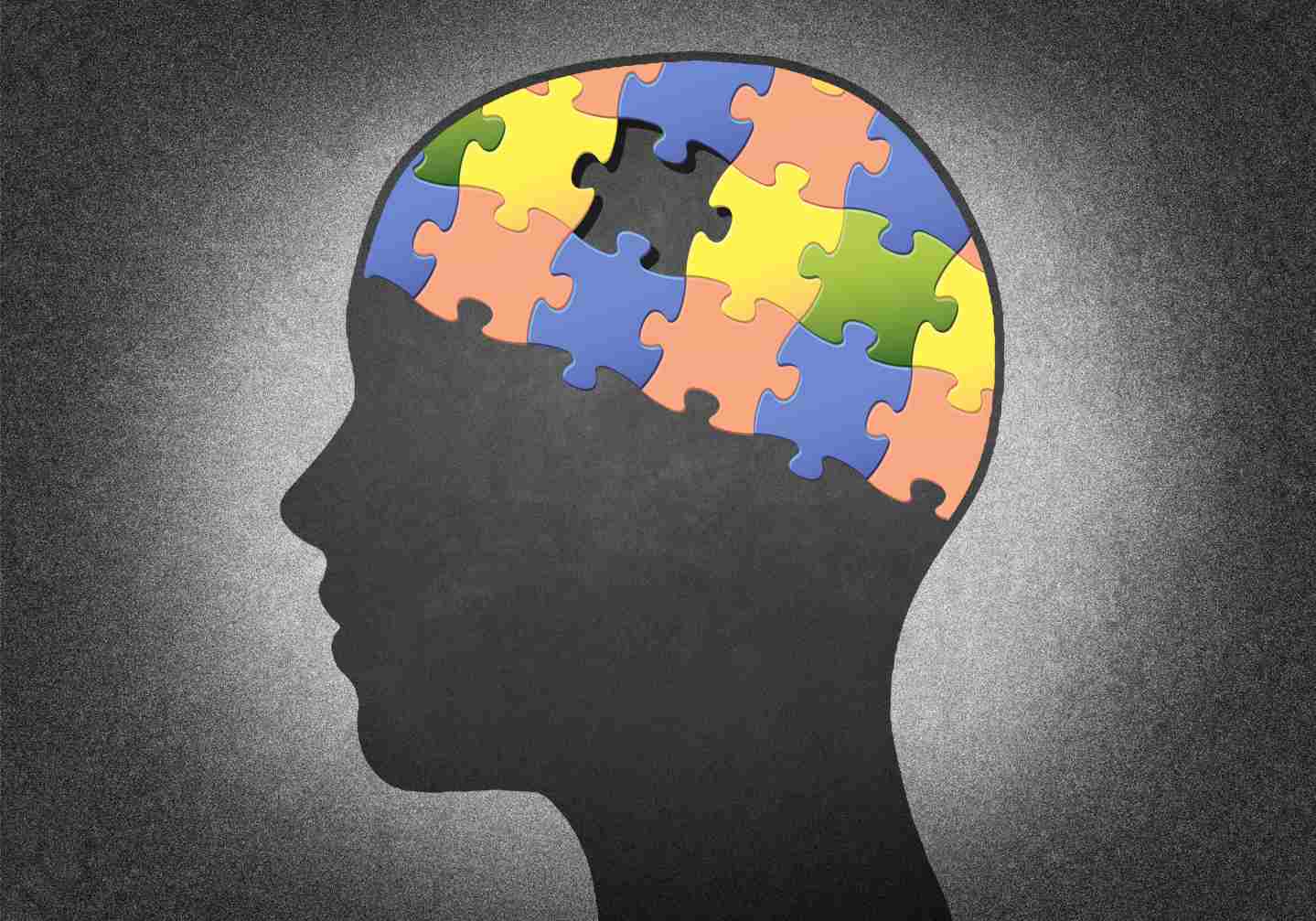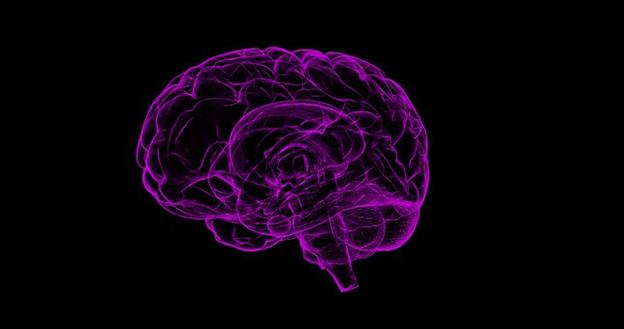
Cognitive Training, Does it Work?
You will often hear that the brain is a muscle that you should exercise regularly in order to maintain its strength. More than ever, websites and mobile applications claim to improve brain performance by offering cognitive training exercises. But does cognitive training really work?
This Q&A walks you through frequent questions people ask about cognitive training. We present information adapted from a review on Interventions to Prevent Cognitive Decline done in 2017 by the US Agency of Healthcare Research and Quality.
Question 1: What exactly is cognitive training?
Cognitive training refers to any form of training that aims to improve our brain functions. We often think that memory is the main brain function, however it has many other important roles. Cognitive training is most commonly marketed through apps and websites promoting simple brain games. But the context of these simple games does not stop there. Today, research suggests that more intensive, regular, in-person follow-ups, cues, and strategies may improve memory and planning in everyday life.
Question 2: When is cognitive training used?
Cognitive training can be employed in three broad situations. First, for everyone regardless of their cognition; second, for those who display signs – or are at greater risk of – cognitive impairment but without dementia; and third for those with established dementia. In all three cases, the goal is to prevent the development or progression of dementia. Most advertised cognitive training is geared towards the first group whereas current research centers around the second group.
Question 3: So, does it work?
It depends! The scientific consensus is that structured and intensive cognitive training may improve the specific areas trained. In other words, if you train your brain to be better at mental arithmetic or remembering cards, it will improve these specific abilities, but it will not improve your overall functioning nor delay dementia. This training rarely – if ever – transfers to other areas and tasks of everyday life. Furthermore, it has not been shown to conclusively delay general cognitive decline and dementia.
It is important to note that cognitive training programs that are available commercially are not nearly as intensive as those used in research. Therefore, they may have less impact on real-life brain function.
Question 4: So if cognitive training is not a magical solution, what should I do to prevent or delay dementia?
First off, all forms of cognitive training have not been shown to be harmful. Although it is not a magical solution to improve cognitive functions, there is no reason to stop if you enjoy it! Also, greater levels of education have been shown to be protective against dementia.
With that in mind, here are a few ways that may improve your health, quality of life, or delay dementia:
- Be physically active, it’s good for the body and the brain
- Have a proper and balanced diet
- Have good cardiovascular health: this includes smoking cessation, treating high blood pressure, managing your diabetes and high cholesterol levels, if applicable
- Keep your brain active daily and be social
Aiming to keep our body and mind as strong as possible is key as we age. Researchers are still finding better ways to train our brain. In the meantime, age-old common-sense advice still provides the best guidance!













